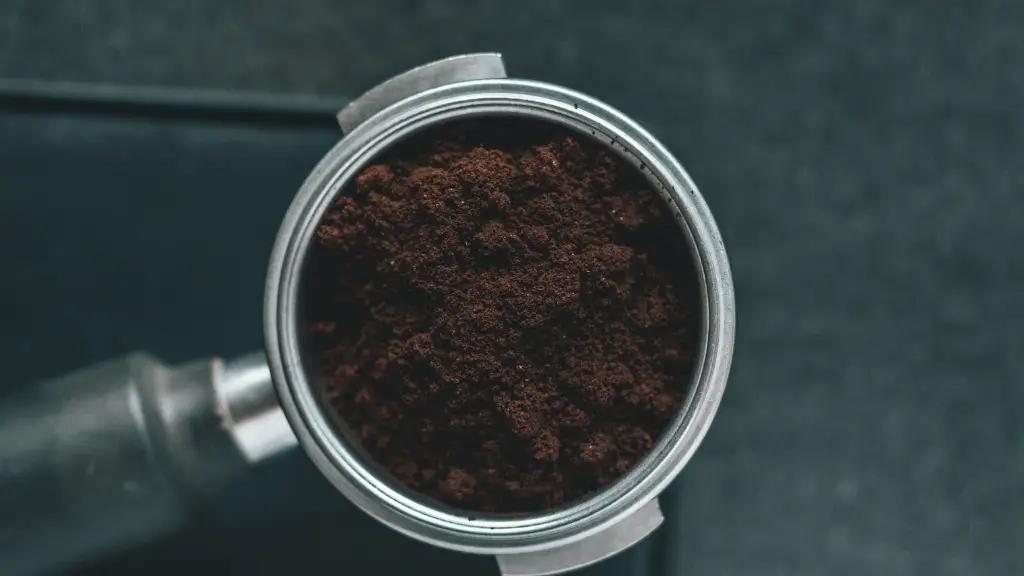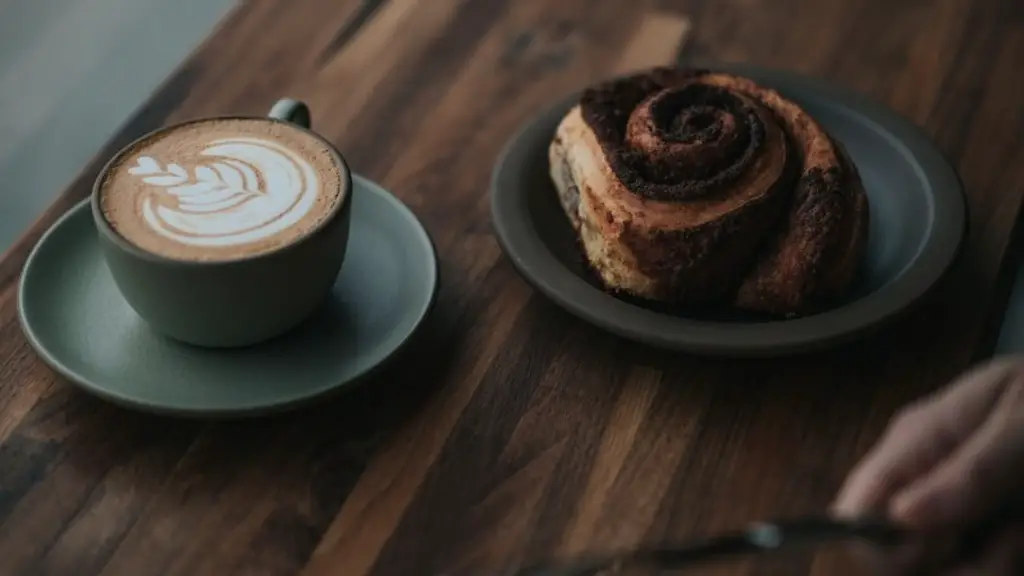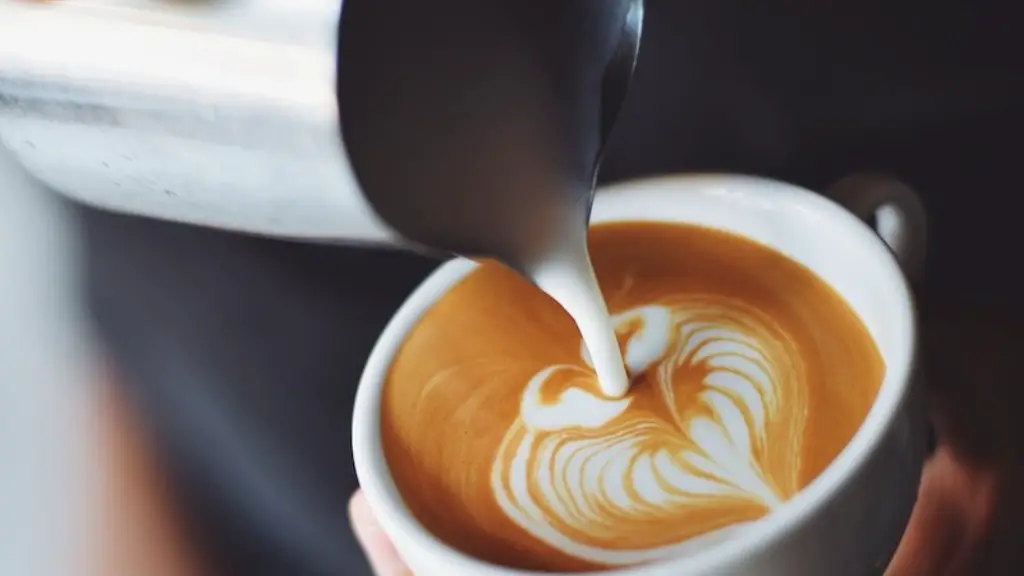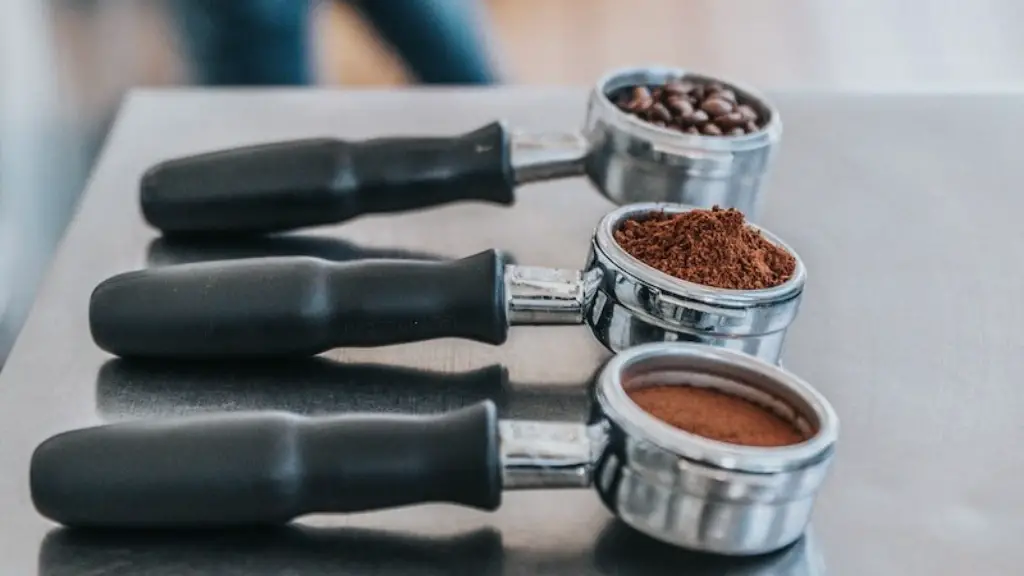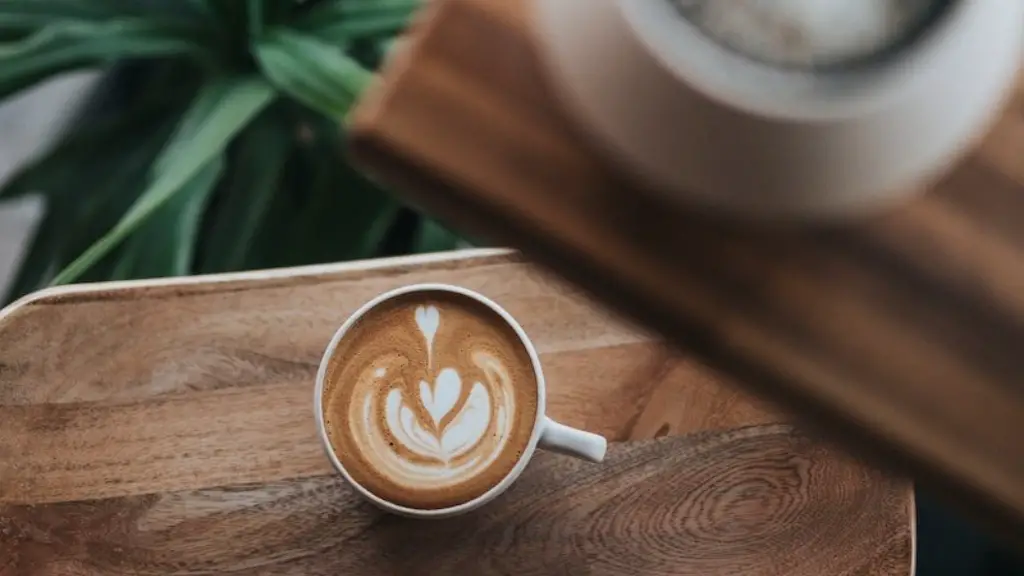Are you curious about drinking coffee while fasting? Many people believe that drinking coffee – especially black coffee – won’t break their fast. But is it true? Does drinking coffee break a fast?
In short, the answer is not a simple yes or no. Coffee, like other beverages such as tea and herbal teas, can contain calories and therefore break a fast. However, if you consume coffee with zero-calorie sweeteners or with only minimal amounts of fat, such as a tablespoon or less of half-and-half or cream, then it likely won’t break your fast.
According to the American Dietetic Association, caloric restriction is the key factor when it comes to intermittent fasting. A person is fasting when he is not consuming any calories, and coffee can potentially break that state of fasting depending on what’s in the coffee and how much is consumed.
That said, coffee does contain compounds that can potentially break a fast. For example, the caffeine in coffee can stimulate your brain, suppress your appetite and boost your metabolism — all of which can lead to a temporary boost in energy. This caffeine-induced rise in energy can lead to an increase in physical activity, which may result in the burning of additional calories and breaking the fast.
Also, it’s important to note that coffee can also have other effects on the body. It can cause dehydration, elevated levels of stress hormones, low blood sugar levels, increased urination and even higher levels of stomach acids, all of which can cause or contribute to a feeling of hunger and potentially break one’s fast.
What’s more, research shows that drinking high amounts of coffee may have other long-term effects such as blood pressure, inflammation and cholesterol levels. So if you are considering intermittent fasting, it is important to keep in mind the potential downsides of drinking coffee — particularly if you sip on a lot of it.
The best thing to do is to weigh the potential risks and benefits of drinking coffee while fasting against your fitness and health goals. If you enjoy coffee and want to include it in your fasting program, then it’s best to opt for unsweetened or low-calorie versions and limit the amount you consume in one sitting.
Nutritional Aspects of Coffee
Coffee contains a variety of compounds, such as minerals, vitamins, fiber and antioxidants, but it also contains caffeine. Caffeine has been linked to changes in metabolic rate, hunger, and other processes that can affect intermittent fasting.
Caffeine is a stimulant drug, which means that it increases alertness and arousal. It also affects metabolism, which can lead to increased calorie burning. Additionally, it stimulates your brain, which can lead to reduced feelings of hunger and an increase in appetite suppression. Lastly, caffeine has been found to give the body an energy boost and may lead to an increase in physical activity.
If you are considering drinking coffee while fasting, it is important to consider the caffeine content. Your body can build up a tolerance to caffeine, so if you are drinking a lot of coffee or consuming it frequently, it is important to be aware of the potential side effects. Moreover, caffeine has been linked to dehydration, which can have a negative effect on your energy levels and interrupt your fasting.
The Bottom Line on Drinking Coffee While Fasting
Overall, drinking coffee while you are intermittently fasting is likely safe, but it is important to consider the caffeine content and potential side effects. If you choose to include coffee in your fasting plan, go for unsweetened or low-calorie options and limit your consumption. Also keep in mind that coffee can affect your energy levels, hunger, and metabolism, which can all take a toll on your fasting efforts. Consider all the potential risks and benefits before making a decision.
How Coffee Can Affect Your Intermittent Fasting Goals
Intermittent fasting is based upon caloric restriction, so it makes sense that any beverage or food with calories could potentially break that state of fasting. Drinking coffee while fasting can potentially break your fast if it contains calories or increases your calorie burn. Therefore, it is important to consider the effects of coffee on your intermittent fasting efforts.
Research suggests that coffee can affect your metabolism, energy levels, and hunger. Caffeine can stimulate the brain, suppress appetite, and increase calorie burning, and the long-term effects are still being studied. Additionally, coffee may affect blood pressure, inflammation and cholesterol, so it’s important to consider these factors.
Overall, the best advice is to assess your goals and consider the potential risks and benefits before including coffee in your fasting program. While it may not break your fast, it’s possible that coffee could negatively affect your metabolic rate and energy levels and hinder your goals. And don’t forget to opt for unsweetened coffee or low-calorie coffee drinks when possible.
Monitoring Intake of Caffeine
It can be a good idea to track your caffeine intake during your fasting plan. Knowing your baseline amount of caffeine and how it affects you could help you make informed decisions about caffeine and be aware of any potential side effects.
Start by tracking what type of coffee you are drinking, the amount of caffeine in each cup, and how your body responds. After you have tracked this data for a few weeks, you can start to draw conclusions on how drinking coffee affects your fasting plan. This can help to ensure that you are following an effective fasting plan that suits your individual needs.
Also, if drinking coffee causes any side effects such as headache, nausea, or difficulty sleeping, it may be a sign to reduce or stop caffeine intake. This will help to ensure the healthiest possible response and the most success in meeting your fasting goals.
Coffee Alternatives
Coffee alternatives such as green tea, herbal tea, and decaf coffee can be great alternatives for those who want to enjoy the taste of coffee but want to avoid the potential side effects.
Green tea is a great alternative because it is naturally caffeine-free and contains antioxidants and other compounds that are beneficial for health. Green tea’s caffeine content is much lower than that of a cup of coffee, so it’s unlikely to break your fast. Similarly, herbal tea is caffeine-free and contains antioxidants, minerals, and vitamins.
Decaf coffee can also be a good option if you are looking for something that still tastes like coffee but has a lower caffeine content. However, it’s important to note that some decaf coffees can still contain trace amounts of caffeine. If you are particularly sensitive to caffeine, it might be best to avoid drinking decaf.
Overall, there are many options available for those who are looking for healthier alternatives to coffee during a fasting plan. Green tea and herbal teas are excellent caffeine-free options, and decaf coffee can be a good choice if you still want to get your coffee fix.
Conclusion
In the end, the decision of whether or not to include coffee or other caffeinated beverages in your fasting plan is up to you. Make sure to weigh the potential risks and benefits considering your individual goals, and keep in mind that if drinking coffee causes any side effects, it may be a sign that it’s time to reduce or stop caffeine intake.
